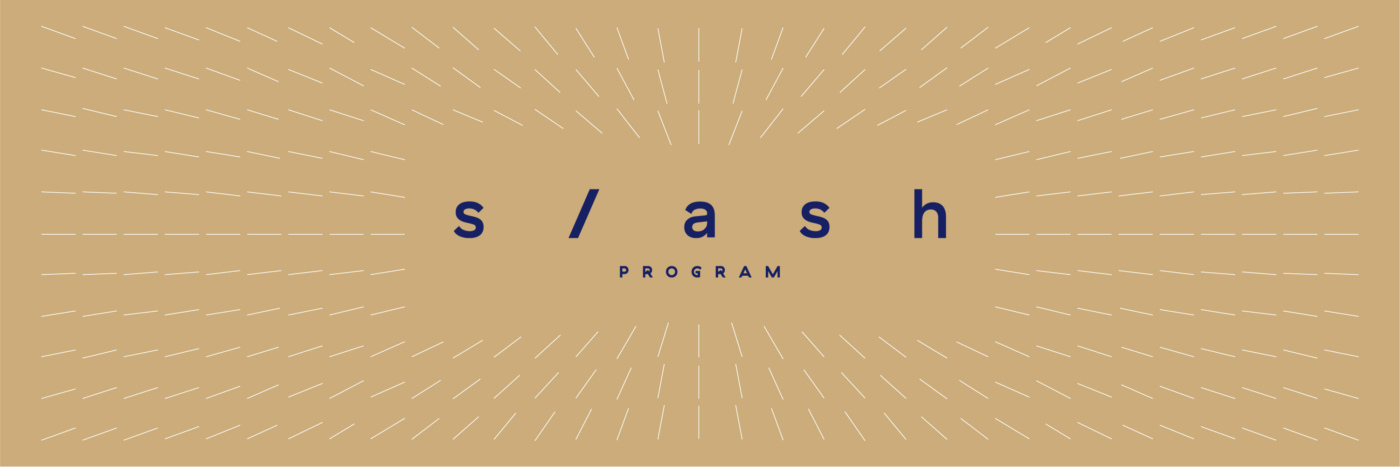Slash report — season 1 / What do we know so far?
“Something I didn’t realize when I started making music was thatany entrepreneurial endeavor involves hiring people, creating a company, and becoming a businessperson. So, while you may know me as a musician, in practice I am also a boss… This is simultaneously very cool and very stressful. I’m definitely not the bestor most experienced boss. I’m also a young, female boss, which can present a very particular set of practical and emotional challenges”
Grimes in Rookie Yearbook Three–2014
Musicians are slashers
Being a “slasher” for a musician means they have two or three projects or jobs (or more) at the same time, and they dabble in varied and sometimes radically different environments (mainstream/indie, brands/community projects). It is simply the sum of all of these jobs that is enough to make a living.
Finally, musicians must develop new business models based on the diversification of activities and entrepreneurship mindset.
It also means they have shorter and shorter careers with interruptions. There are two major reasons for this :
First, the musicians create music projects instead of playing in bands. This variation of the words suggests musicians simultaneously work on several short-term music projects. At the same time, musicians mention they also have music-related jobs. They work as backing musicians (live or studio), artistic producers, video-game composers, music teachers, they run recording studios, or they are involved in community projects. Most of them explain it’s a financial constraint as well as a rational choice to keep on working in the music sector.
Second, the music industry is “short-termism”. It means the industry wants talent to be delivered to them ready-made and they’re not prepared to take a risk over a long period of time investing in talent. Then musicians can’t count on labels to develop their project for 2 or 3 albums as it used to be. In fact, record labels want to sign acts that are already developed. There are exceptions, but this is the general trend occurring in the industry.
Musicians are entrepreneurs
But they don’t know it. In the absence of a stable professional environment that can advise them, while waiting for a “signature” by an established professional, they are asked to prove themselves and to develop their artistic project as an entrepreneurial project and therefore to develop skills that are far removed from their artistic skills.
They are at the same time musicians, community managers, administrators, bookers, press officers…
Digital tools have considerably accentuated the multi-tasking side of musicians since they now have tools that allow them to communicate directly with their communities, monetise their live streams, and administer their own online shop. They need to establish a direct-to-fan strategy in order to make this community more captive. A real customer relationship that is organised, thought out and reflected upon.
Musicians should be more and more resilient
Everything is going very fast. Uses in music, consumption and its diffusion. We need to be on permanent standby to be able to integrate these new uses and this new social network. As the health crisis demonstrated in 2020, musicians are very much affected by the upheavals in our society and must develop a capacity to rebound in all situations. A study by Musician’s Union shows that more than ⅓ of English musicians want to retrain following financial problems.
Musicians are not only white-male musicians
White male-dominated culture has led both to gender and music genres imbalances on music festivals and venues lineups. Regarding the issue of gender, a study by the USC Annenberg Inclusion Initiative finds that over the last eight years, women have been vastly underrepresented in popular music. The study analyzed 600 songs from the Billboard Hot 100 released between 2012 and 2019 and found only 22 per cent of those songs were by female artists. Even fewer songs –12 per cent –had female songwriting credits. And the greatest problem of the gender gap is in the recording studio with less than 3 per cent…
